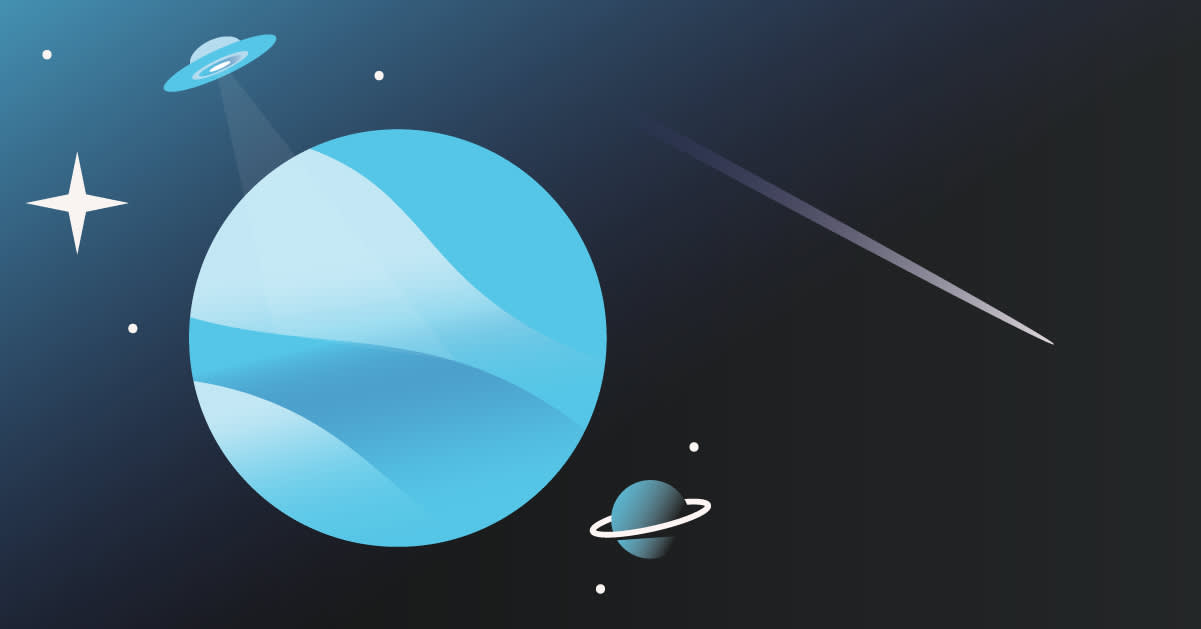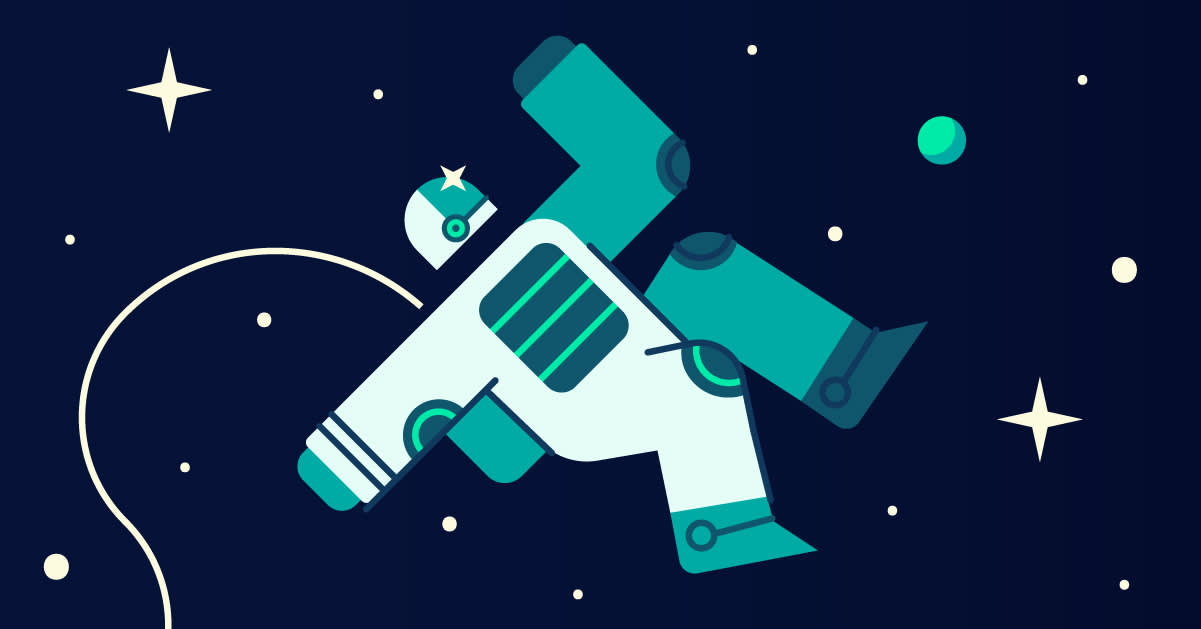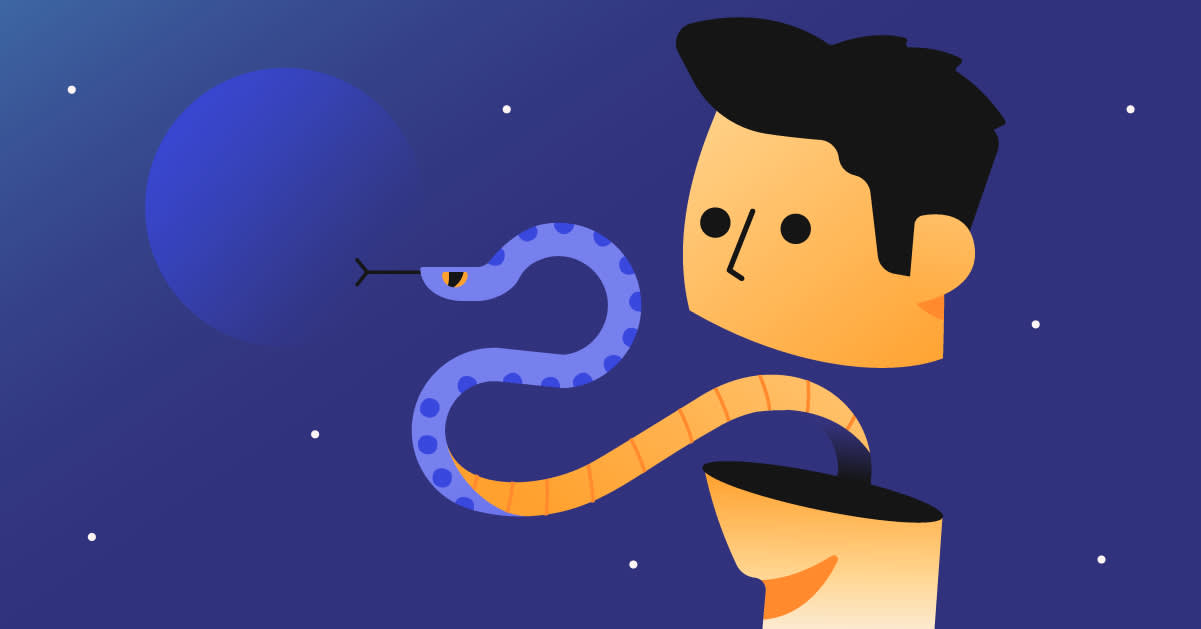Edward Ashton is having quite the year. Just over a week after dropping his buzzy new novel, The Fourth Consort, Ashton’s Mickey7 launches into another stratosphere with a major blockbuster adaptation helmed by celebrated director Bong Joon-ho. With The Fourth Consort, the sci-fi author—known for his irreverent style, compelling characters, and immersive world-building—boldly goes where no writer has before with an interstellar romp that’s been delightfully billed as “part first-contact story, part dark comedy, and part bizarre love triangle.” Ashton shared his thoughts on what inspired such a wild ride, how he’d fare face-to-face with an alien, and what we can expect from his next book.
Alanna McAuliffe: The Fourth Consort has a bit of everything—be it intergalactic confederations, interspecies courtship, extraterrestrial royal intrigue, insectoid predators, or fish-out-of-water comedy. What initially sparked the idea for this story, and how did you go about building out Dalton and his world along the way?
Edward Ashton: The seed for The Fourth Consort was an image I’d had stuck in my head for a long while, of an explorer standing on an alien world, staring up into the sky as his ship blooms into a fireball above him. That scene led to a lot of questions. Who is this guy? What’s he doing there? Why is his ship exploding? What does he do now? The rest of the book is basically me trying to answer those questions.
As far as Dalton goes, he’s a throwback sci-fi protagonist—what I like to call the “hyper-competent broken man.” Writers like Vernor Vinge, David Brin, and Alice Sheldon used to have a field day with characters like him, and I thought I’d like to see what I could do with the type.
This novel is also a first-contact story, a fan-favorite trope of sci-fi fans. Why do you believe that first-contact narratives resonate so deeply with us? Have you ever given any thought to what you might do in such a situation?
I think the reason stories like this resonate is pretty simple. As a species, we’re lonely, and we want someone to talk to, whether it’s Dr. Doolittle talking to animals, spiritualists talking to angels and demons, or space explorers talking to aliens. The need to be seen and heard is a profound and deeply seeded one, and stories like this feed it.
If I ever found myself in such a situation, I imagine I’d probably get eaten fairly early on in the process, but who knows? Maybe I’d make a friend.
In your previous books, you’ve covered everything from cloning and reanimation to artificial intelligence to genetic engineering to life on other planets—some of science and tech’s biggest questions. What inspired you to tackle each of these topics, and what can listeners expect to hear you take on next?
I tend to write about things that interest me, and that I know a lot about. IRL I’m a working scientist who uses advanced computing tools to study biological systems, so in my opinion pretty much all the topics you’ve listed can fairly be described as falling under my remit. Well, now that I think about it, I guess I don’t actually know much about life on other planets—but neither does anyone else, so who’s to say I’m wrong?
My newest book is set roughly 100 years after a catastrophic ecological disaster followed by an alien invasion, and deals with themes of personhood, colonialism, and what we really owe to one another. As you would probably guess based on that, it’s very funny and centers on an effort to get a new bed & breakfast off the ground.
Your 2022 sci-fi standout Mickey7 is set to hit the big screen on March 7 with an adaptation from Academy Award winner Bong Joon-ho, starring powerhouse Robert Pattinson in the title role. What has it been like to see the world you’ve created come to life on screen? Are you looking forward to new audiences potentially finding their way into your work from theaters?
As I’m sure you can imagine, this entire experience has been entirely surreal. I was able to visit the studio in 2022 to watch some of the filming, and while I was there they let me walk through some of the sets they’d built. I cannot adequately describe the feeling of seeing things that I had dreamed up brought into the physical world around me.
I do, of course, very much hope that the film introduces some new people to my writing who might not otherwise have heard of me. Even if it doesn’t, though, I will still consider this one of the most astounding experiences of my life.
The Fourth Consort is narrated by Audie Award-winning narrator Barrie Kreinik, a veteran performer, though a newcomer to your works. Have you had a chance to listen to the audio while it was in production? What stood out about the way she captured your story and characters?
I did get a chance to listen to Barrie’s narration, and as I have already expressed to her, I could not be happier with the way it came out. This book is a real challenge from a narrator’s standpoint, because there are only two human characters, and the others—three entirely different types of aliens and a snarky AI assistant—all required very different approaches in terms of how they’re voiced. Listening to her narration was a bit like watching a professional figure skater go through a routine. You know on some level that what they’re doing is impossibly difficult, but somehow they make it look as natural as breathing.
Are there any books you’ve read or listened to lately that you’d recommend to listeners?
I actually just recently finished listening to The Last Gifts of the Universe by Riley August. If you like my work, I think you’ll probably like Riley’s as well. It’s light and funny and thoughtful and also made me bawl uncontrollably while I was walking my dog in the woods. Very highly recommended.




